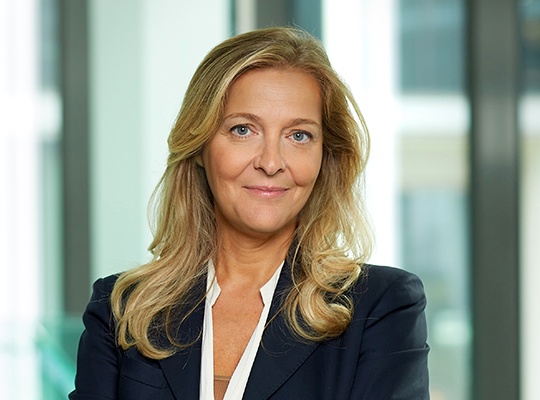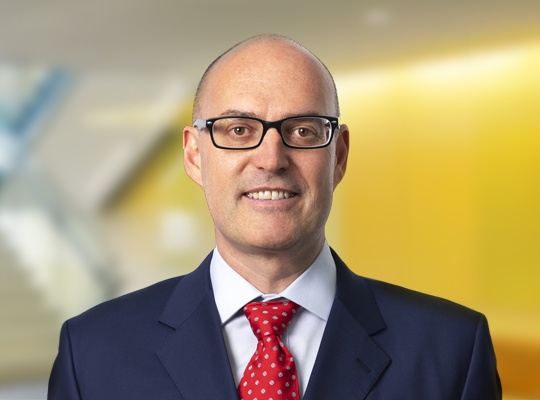Growth Game: PE Firms Turn to GP-Stake Sales for a Competitive Edge
Key Takeaways
59% intend to make a GP-stake divestiture over the next 24 months
- GP-stake transactions have become more and more popular. Obtaining liquidity at the GP-level, with growth being the primary motivational factor, this strategy is expected to be most popular among North American PE firms, with 64% indicating an intent to divest, followed by 57% in EMEA and 50% in APAC.
- GPs can explore this option to raise capital and tap potential expertise, strategic guidance and access to invaluable networks.
Investors view GP-stake divestitures as a strategic means of gaining better access to PE managers and potential co-investment deal flow, not to mention fee earnings, carried interest and potential capital gains from their equity stake. For GPs’ part, bringing in a sizable minority investor provides an infusion of liquidity that can be used for various purposes, as well as potential expertise, strategic guidance and access to invaluable networks.
Much of this is being spurred by the maturity of the industry and the need to ensure firms’ continuity. Although it remains a relatively niche strategy, sizable sums of capital have been raised for these purposes. In January, Blue Owl Capital, one of the market’s biggest players, closed Dyal Capital Partners V on US$12.9 billion, having already deployed 70% of the capital acquiring positions in firms including CVC Capital Partners, HIG Capital, KPS Capital Partners, MBK Partners, and PAI Partners.
Sizing up this opportunity to raise cash, more than half of all firms (59%) are currently planning on making a GP-stake divestiture over the next 24 months. This is expected to be particularly popular among North American PE firms, 64% of which aim to divest, falling to 57% and 50% of EMEA and APAC respondents, respectively, who share these ambitions.
Of those who have their eyes on the sale of a stake in their firm, the leading motivation is growth. This tracks with the ongoing expansion and diversification of PE firms into adjacent asset classes such as private credit, infrastructure and hedge funds. Over half (56%) of GPs who plan to sell say the proceeds will go towards fueling growth, although this is largely weighted towards EMEA (70%) and North American respondents (59%).
It is not only GPs who are looking to broaden their horizons via these arrangements, but investors too.
Only 20% of APAC firms say the proceeds from these sales would be directed towards expanding their business. Instead, 60% would put the fresh capital towards GP commitments for their next fund and 60% say the same for vertical investment.
“Southeast Asia, meanwhile, has relatively underdeveloped capital markets, besides the relative immaturity of the PE secondary market in this part of the world. The sale of a strategic stake in their management firms is therefore one alternative solution that cash-constrained managers may find worth exploring to raise capital for their GP commitments,” concludes Boon.
Footnotes
The preceding article is an excerpt from the 2024 Global Private Equity Outlook report, an annual publication that uses qualitative and quantitative findings to look at current PE industry trends and views on where the market is heading in 2024.
Related Professionals






